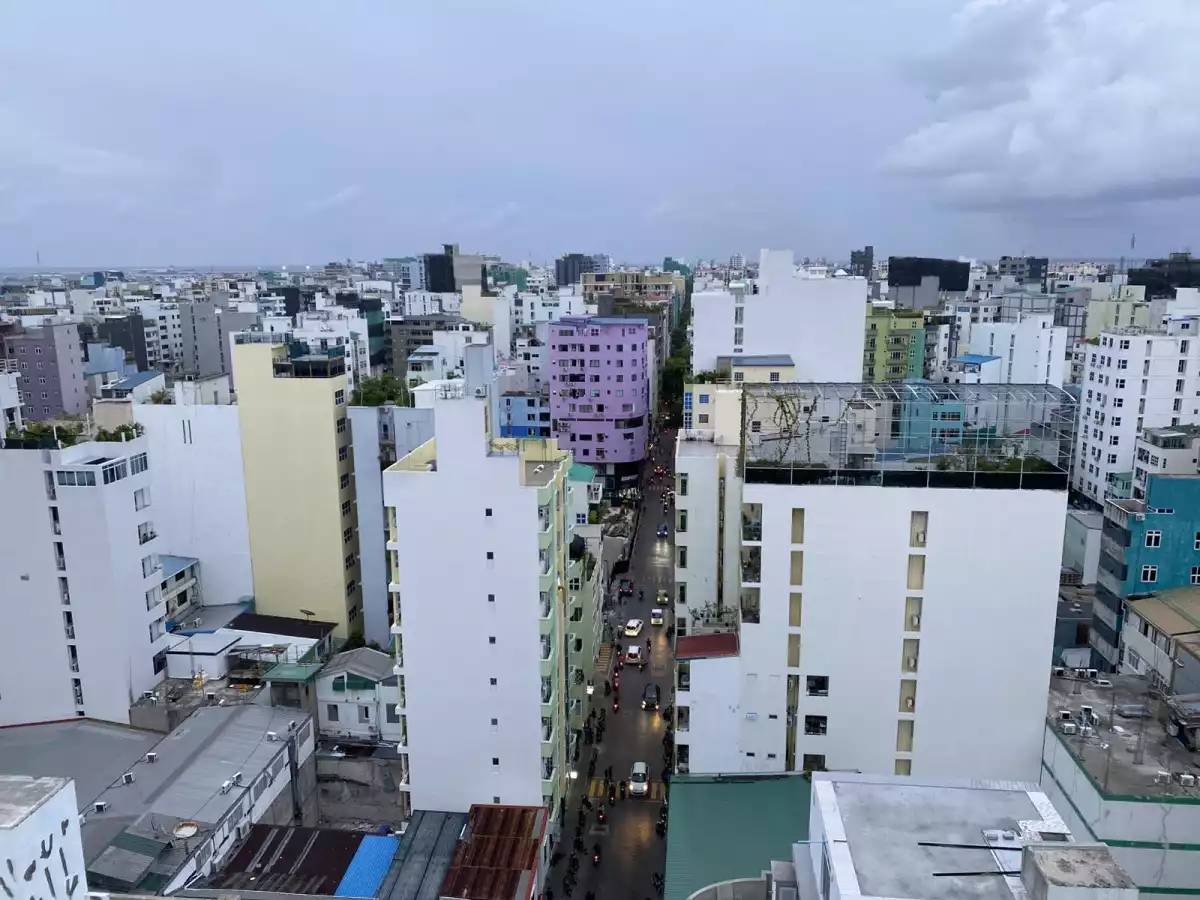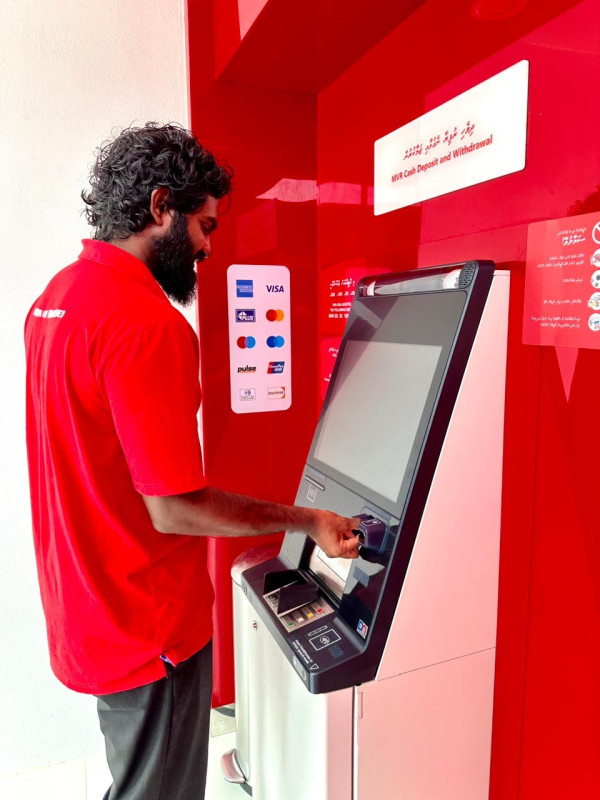AG Usham echoes housing promises at UN review; reality lags at home
The Maldivian government announced multiple housing initiatives including the First Home Program and National Housing Affordability Program to ensure citizens can own homes


Aerial view of the congested capital, Malé City
Attorney General Ahmed Usham reaffirmed the Maldivian government’s commitment to social and economic rights, including access to housing, during his address at the 50th session of the United Nations Human Right’s Council’s Universal Periodic Review (UPR) on Wednesday.
In his speech, Usham underscored that the Constitution of the Republic of Maldives guarantees every citizen the right to live with dignity and security, emphasizing the state’s obligation to progressively ensure access to adequate food, clean water, healthcare, housing and a healthy environment. He highlighted that these constitutional rights form the cornerstone of the government’s development vision, one that seeks to ensure that “no one is left behind.”
Addressing the critical housing challenges faced by Maldivians, Usham described access to adequate housing as essential for dignity and security. He announced several government initiatives, including the ‘First Home Program’, designed to ensure that every citizen aged 18 and above has the opportunity to own their first home.
He also highlighted the ‘National Housing Affordability and Accessibility Program’, endorsed by the cabinet last month, which aims to expand affordable housing across the nation.
The ‘Inclusive National Affordable Housing Scheme’, backed by a regulation gazetted recently, seeks to increase long-term housing finance through a five-year fund jointly financed by commercial banks, with a focus on the Greater Malé Region.
Usham further noted that a ‘Housing Bill’ is currently before People’s Majlis, and is expected to create a housing trust fund and formally integrate affordable housing within the country’s legal framework. In addition to this, he mentioned that a World Bank–supported ‘Housing Needs Assessment’ is underway and expected to conclude by May 2026, providing data for evidence-based policymaking.
Despite these reassurances, the government has yet to deliver on any of the housing promises made to citizens since taking office nearly two years ago. Many Maldivians continue to face rising housing costs and limited access to affordable homes, with critics arguing that progress remains largely confined to policy announcements rather than tangible results.






